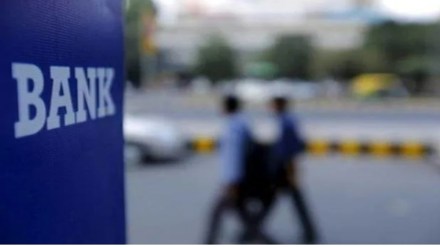State Bank of India (SBI) has sought clarity from the Supreme Court on the latter’s judgment of March 27 that upheld borrowers’ right to be heard before their loan accounts are classified as fraud. The SC had held that the Master Directions of the Reserve Bank of India on fraud can’t ignore the principles of natural justice, especially audi alteram partem or the rule of fair hearing. This, without doubt, has to be the compass for banking sector enforcement action as being termed a fraud account has significant consequences for the borrower. The apex court has also said that the participation of the borrower during the preparation of the forensic audit report does not, in itself, meet the stringency of the rule of fair hearing—the Master Directions don’t explicitly provide for participation of the borrower, and, therefore, the borrower may get excluded from the forensic audit process. The apex court had ruled that the borrower be given the chance to explain the findings of the forensic audit report. In that sense, the SC’s observation that the principle of natural justice protects the Master Direction from “the vice of arbitrariness” can’t be faulted.
Also Read: Co-lending volumes may hit Rs 1 trillion in FY24
However, the court needs to pay heed to SBI’s contention—the likely contention of other lenders as well—that the only relevant portions of the forensic report and not the entire report be provided to the borrower to meet the ends of justice as laid down by the SC’s March 27 judgment. The bank has sought a clarification in this regard. Indeed, the borrower becoming privy to the entire content of the forensic audit report pre-empts a successful probe by enforcement agencies. The possibility of the borrower getting forewarned through the disclosure of damning information and inferences and acting to stall or waylay the probe—even through destruction of evidence—is too significant to ignore, as SBI has argued. And, in any case, forensic reports almost solely rely on information and documents submitted by the borrower; so, it is unlikely that the borrower is barred from participation.
Also Read: SBI moves apex court; seeks clarity on fraud accounts
SBI’s other contention that banks must be allowed to decide the time-frame for adjudication depending on the urgency, also merits the court’s careful examination. After all, while the court was right about the material civil consequences that a borrower may face upon her loan account being labelled a fraud account, banks too face the same risk—of fraud contagion, with a borrower defrauding another bank, even as the personal hearing underlined by the court is under way. The SC must allow room for banks to bypass the personal hearing requirement when prompt action is needed.
The fact is that the current fraud labelling regime, which was put in place by the RBI in 2016, has been an effective tool to control incidence of loan fraud. Indeed, as per RBI data, the amount involved in loan fraud in FY22, at Rs 58,303 crore, had fallen sharply from the FY21 level of Rs 1.36 trillion—this itself was significantly lower than FY20’s Rs 1.81 trillion. Indeed, under the current fraud declaration regime—where the label remains a major disincentive, with debarment provisions for fraudulent borrowers—the amount involved in loan fraud in the first half of FY23 was about half of the corresponding figure for H1 FY22. The SC, while it upholds justice for the borrower, must not render the banks toothless against loan fraud.
